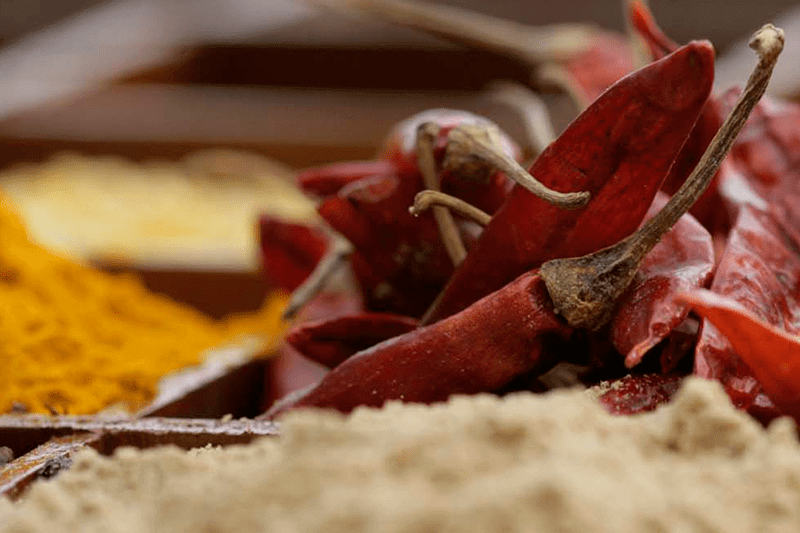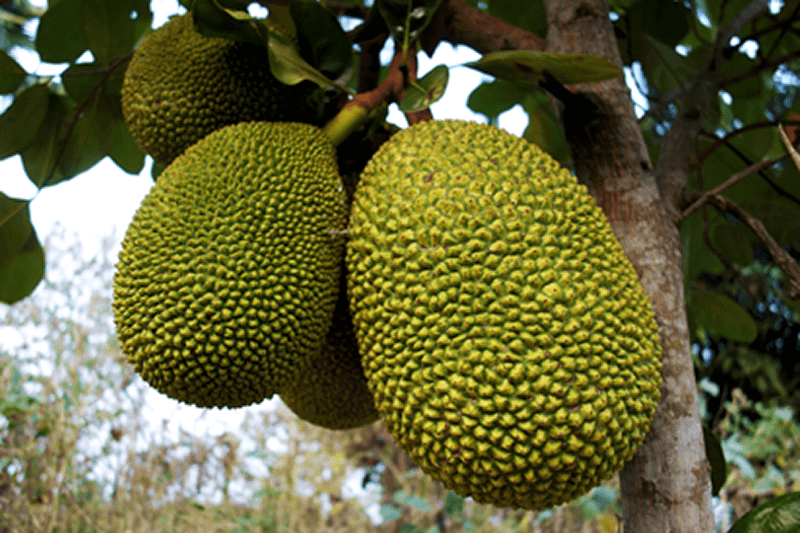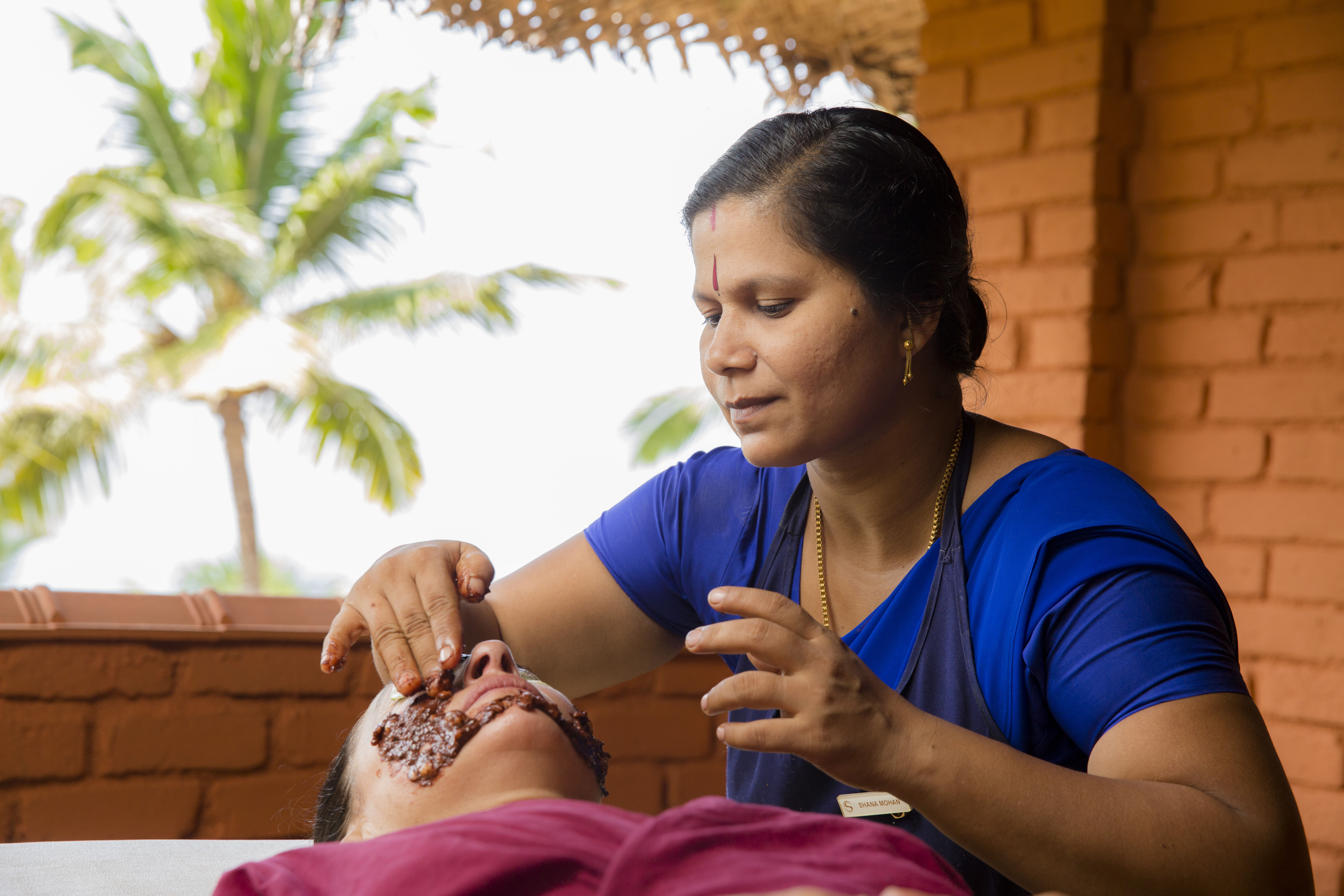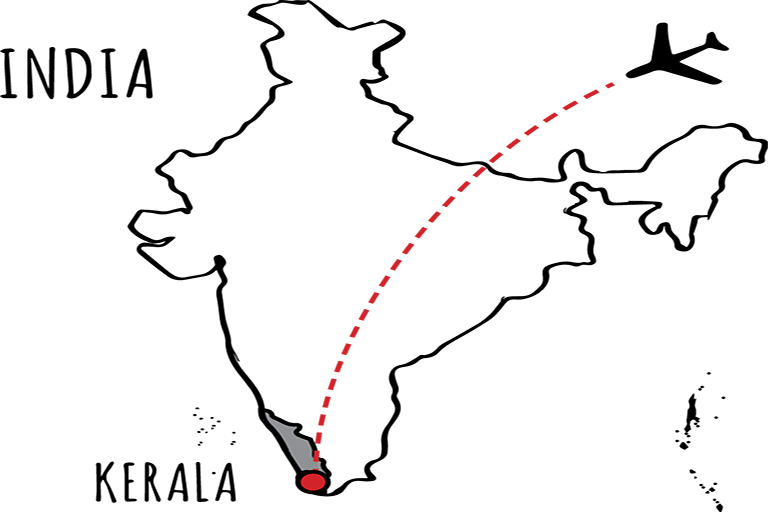
Allergies are widely spread in our society and many people have no other option than to accept their fate and to ease the symptoms with medicine. Ayurveda does not generally acknowledge allergies but explains them as a result of an unsuitable lifestyle. Accordingly, the therapeutic measures difer from those of the Western medicine.
Whilst most of us look forward to the warm season, others have mixed feelings regarding the upcoming months as the spring awakening automatically causes the rise of pollen in the air. For many people this means a running nose, swollen eyes and sneezing its. However: Not all allergies are caused by pollen, so they can also occur in Winters. But statistically, the waiting rooms of dermatologists and allergists ill up disproportionally high from March onwards.
Western medicine understands allergies as hypersensitivities: an immune defence of the body to a tame stimulus. The respiratory system, skin and gastrointestinal tract are afected most often. The majority of allergens stimulate our body during a touch, ingestion or via the airways. The reaction might follow immediately or delayed. The reason for an allergic reaction is a combination of genetic and environmental factors and a frequent exposition to the allergen.
Ayurveda does not generally acknowledge allergies. Instead it identiies diferent medical parameters potentially causing such a hypersensitivity:
Satmya – The concept of tolerance
The individual tolerance towards external inluences depends on the dosha as well as on the familiarization. The latter can be strengthened by a higher consumption.
Ajirna – The indigestion
An unsuitable diet, which, depending on the dosha, might be caused by late meals, cold or raw ingredients or irregular food intake, leads to a weakened digestive ire (Agni). Toxins block the intestinal wall and disturb the intestines immune process.
Raktadushti – The blood irritation
High consumption of acidic, oily, salty and spicy food, but also suppressed emotions or long sun bathing irritate the blood, which in turn favours allergies.
Doshavriddhi – The increase of Vata, Pitta and Kapha
Ultimately, allergies, like all other diseases are partially caused by a dosha imbalance. The extent of the allergic reaction depends on the dominating dosha. An increase of the air component Vata leads to sneezing spells, breathing diiculties and itching. Thin and dry mucus membranes favour this process. With the ire element Pita being the dominating dosha, inlammations like conjunctivitis or reddened skin are common symptoms. Constitutions with a high Kapha dosha, the element of water and earth, allergies usually cause mucus production and swelling.
As Ayurveda always follows a holistic approach, body and mind have to be intact and in balance, to prevent allergies or hypersensitivities from occurring. Anatomic preconditions are healthy mucous membranes of the airways and the digestive tract, as well as a healthy skin barrier. However, successful stress management should not be neglected as an important psychological factor.
Ayurveda works with ive diferent therapy approaches to treat allergic diseases:
1. Ahara – Dietetic treatment
An individual diet plan compiled by an Ayurveda physician which is tailor-made to the individual body constitution and lifestyle, is the perfect base for balancing the doshas and preventing allergies. Nevertheless, the following tips can be generalized:
• Steaming is better than roasting or frying.
• Avoid red meat and alcohol.
• Avoid combining milk with acidic food like meat, ish and fruits.
• Drink at least 1,5 litres of water or unsweetened herbal tea every day.
2. Vihara – Regulative therapy
The personal lifestyle has a high impact on the immune system, which is why persons sufering from allergies should adapt a certain routine:
• Hay fever patients should start their day with a nasal rinsing and protect the mucous membranes by applying special oils.
• It is of advantage to take enough regeneration breaks during the day, as the immune defence system requires a lot of energy and stress may have a negative inluence on this.
• Pay attention to how much sleep your dosha requires and follow this guideline. Vata, for example, requires more sleep, while Kapha settles for less and should wake up very early
3. Aushadha – Natural medicine
Ayurvedic medicinal plants also make a contribution to relieve the symptoms. An experienced Ayurvedic physician will advise you in this regard.
4. Shodhana – Detoxiication
Panchakarma means ivefold detoxiication. Only an experienced Ayurvedic physician can decide which of these cleaning procedures is applicable for a speciic health problem.
5. Sattvavajaya – Psychosomatic medicine
Sometimes allergic problems are intensiied or even caused by a person’s state-of-mind. For this reason, psychological aspects such as anxiety and insecurity require special attention. Inner peace and mental stability can reduce allergic reactions.
Ayurveda does not ofer an instant solution for hypersensitivity but tackles the problem at its roots instead of only reducing the symptoms.














What do you think?